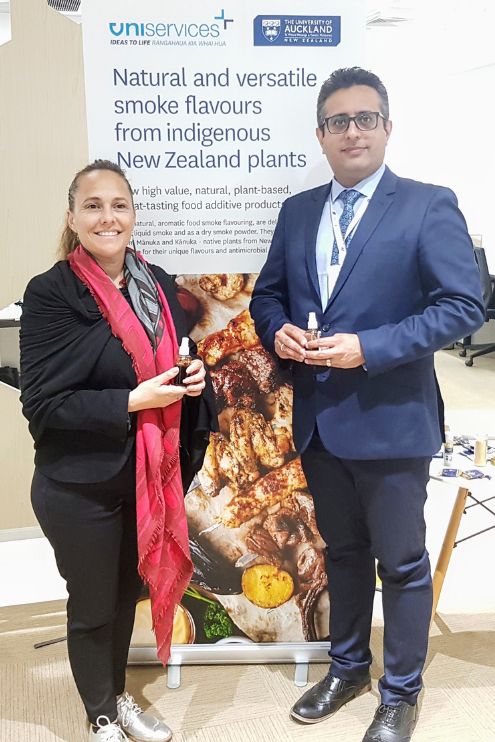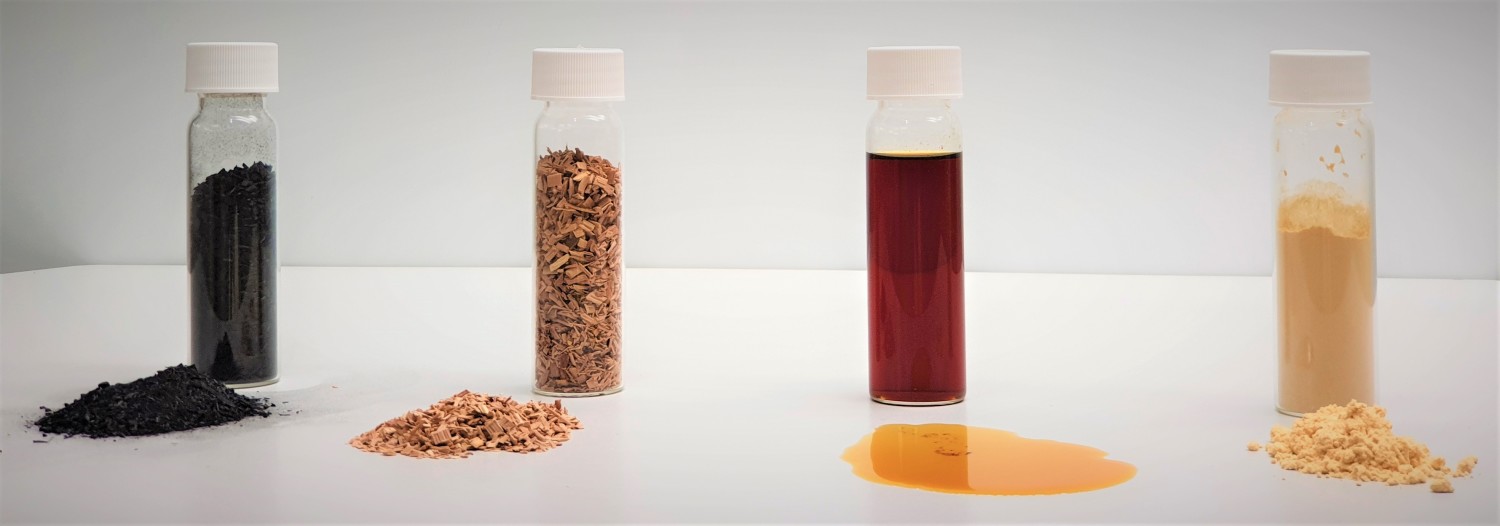When, as a child, spent time on her ancestral whenua (land) in Ruatoria, a small Ngāti Porou town in the Gisborne Region, kānuka was everywhere. A hardy, scrubby tree, it was mostly used for firewood, so while it didn’t have much monetary value, Dell associated it with warmth, cooking and food.
Now Dell, a senior lecturer in management and international business at Waipapa Taumata Rau, University of ���ɫ����Ƶ, and , an associate professor of chemical and materials engineering at the same university, are working to transform kānuka from Ruatoria into high-value products and tangible benefits to the community.


